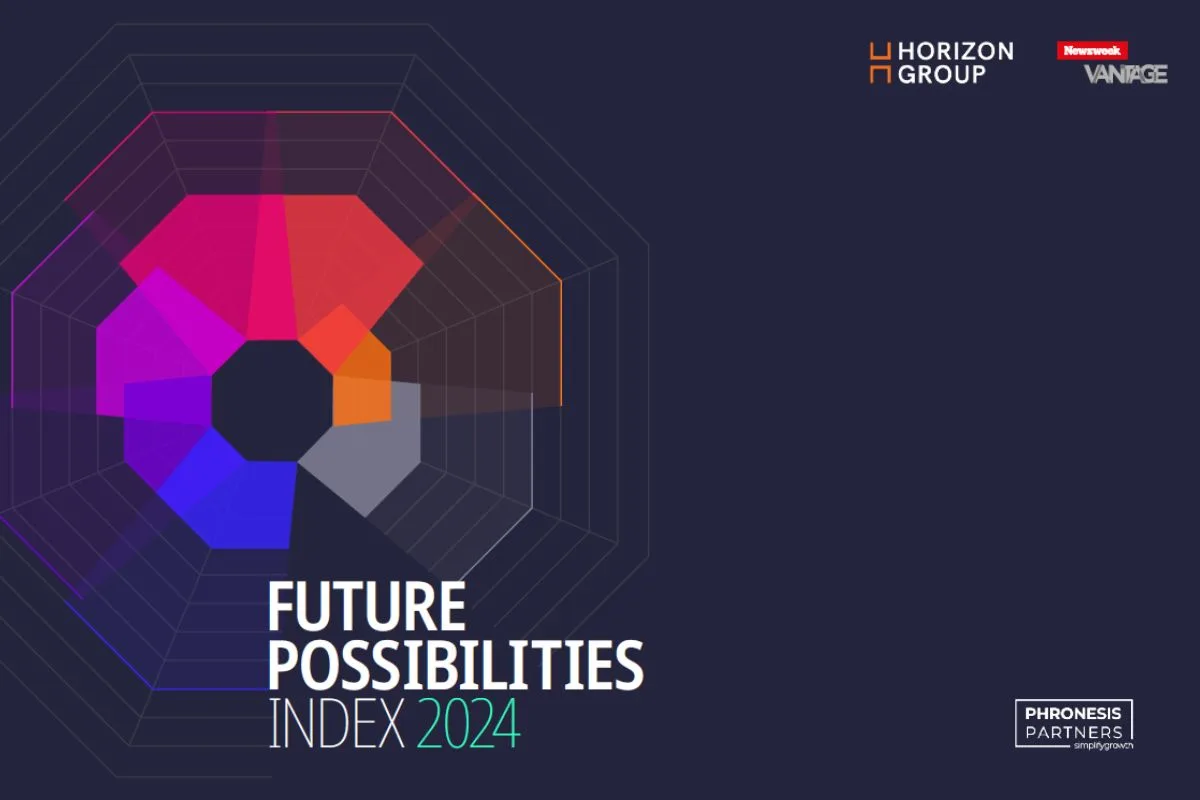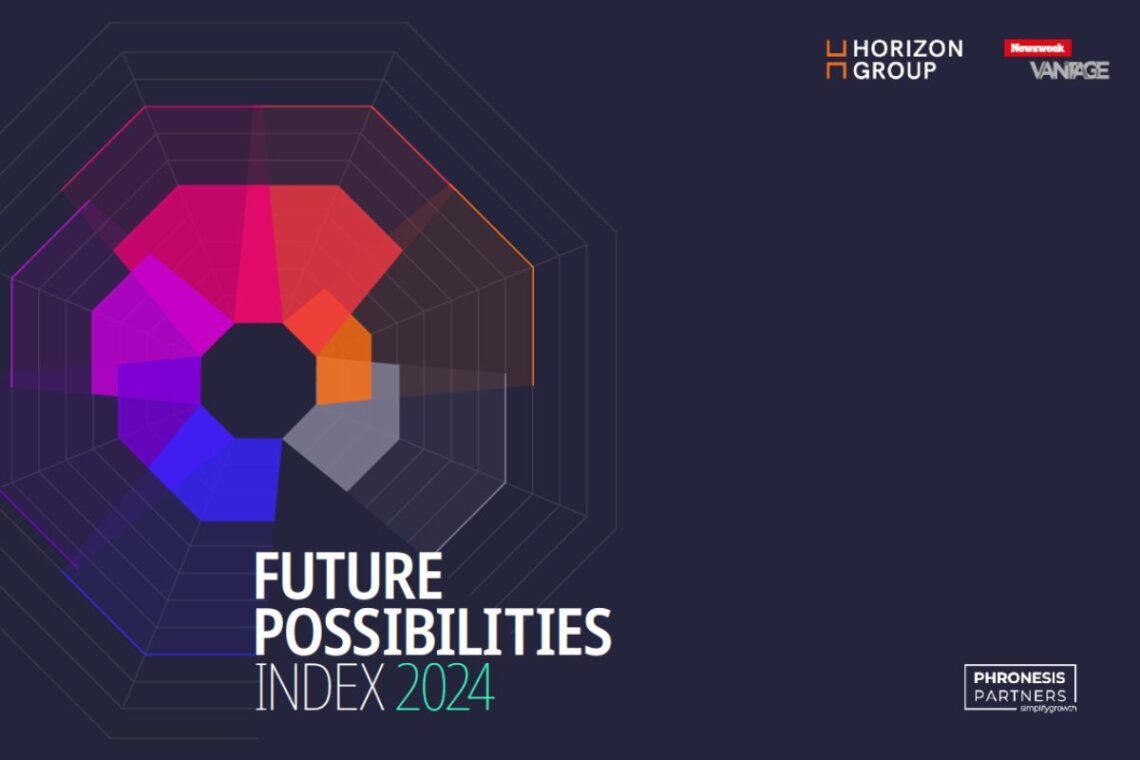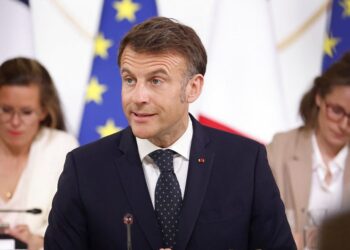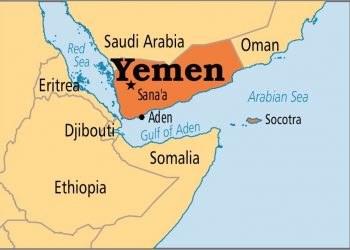The UAE government has achieved global recognition for its rapid responsiveness to change, securing the top spot in the inaugural Future Possibilities Index. Launched at the UAE pavilion in Davos by Newsweek Vantage International and the Swiss Horizon Group, the index evaluates countries’ readiness to harness global transformations for future development. In collaboration with the UAE government, the report examines key sectors’ preparedness for future possibilities.

The UAE excelled in various categories, ranking second globally after Singapore in the government vision index. It also secured second place in supporting the entrepreneurship environment and third in long-term future planning. Notably, the UAE claimed the top spot globally in 20 indicators, including government responsiveness to change, future policies, and proactive initiatives.
The Future Possibilities Index event, held at the UAE Pavilion during the World Economic Forum 2024 in Davos, saw the participation of key figures, including Ohood bint Khalfan Al Roumi, Minister of State for Government Development and the Future; Nigel Holloway, editorial director, Newsweek Vantage; and Margareta Drzeniek, managing partner, Horizon Group.
The Index, mapping readiness enablers across 70 countries, highlights future possibilities worth over $44 trillion by 2030. The overall ranking saw the United Kingdom leading, followed by Denmark, the United States, and the Netherlands. The UAE secured 23rd place globally and first in the Arab world in the FPI ranking.
Al Roumi emphasized the significance of emerging trends, presenting opportunities valued at over $44 trillion by 2030. Holloway underscored the importance of the FPI, providing a framework for long-term investment priorities essential for human and sustainable development globally. Drzeniek highlighted the Index’s focus on assessing nations’ growth and competitiveness through the lens of ongoing transformations.
The Future Possibilities Index identifies six transformation trends with substantial economic possibilities. The “Exabyte Economy: Tech Surge” trend, driven by rapid technological solutions and 5G technology, is projected to provide $17 trillion in total value by 2030. The “Experience Economy: Beyond the Tangible” anticipates a value exceeding $17 trillion, emphasizing individuals’ preference for life experiences over tangible purchases.
The “Wellbeing Economy: Nurturing a Healthier Future” trend, addressing physical and mental health, is expected to surpass $9 trillion in value by 2030. The “Circular Economy: Closing the Loop on Sustainability” anticipates market possibilities of $4.5 trillion, driven by increased environmental awareness and resource efficiency.
The “Net Zero Economy: The Pursuit of Sustainable Prosperity” trend, focusing on energy-saving technologies, is expected to exceed $4 trillion. The “BioGrowth Economy: Nurturing Nature for Progress” trend, involving biomaterials and agricultural advancements, is projected to offer possibilities valued at over $1.7 trillion.
The Future Possibilities Index evaluates countries’ ability to leverage emerging transformations for future growth. It considers three main areas: Government Strategy and Policy, Industry Strength, and Core Capacity. Indicators are sourced from reputable organizations, and a survey capturing views of over 5,000 business executives contributes to the qualitative aspects of government policy assessment.
The UAE’s top ranking in the Future Possibilities Index underscores its commitment to embracing global transformations for future development. The index provides a comprehensive view of countries’ readiness and potential economic possibilities, emphasizing the critical role of forward-looking policies and strategic initiatives in shaping a sustainable and prosperous future.

















